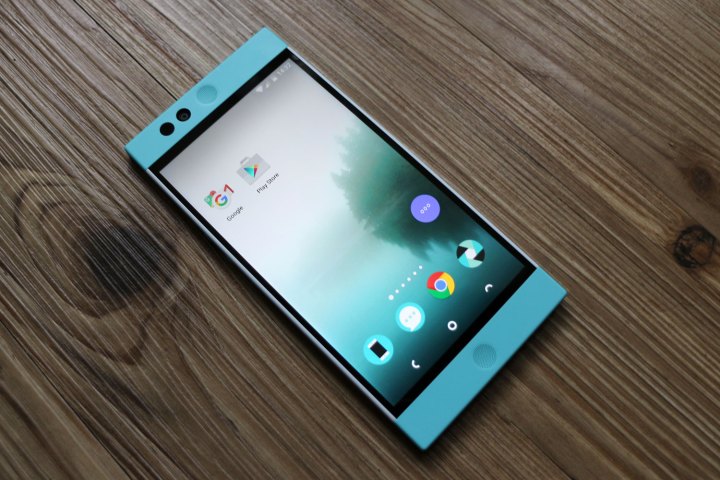
Related Offer: The Nextbit Robin is now available, check it out here
When the Nextbit Robin launched on Kickstarter late last year, the Android smartphone was already unlocked and ready for GSM carriers such as AT&T and T-Mobile. However, in order for the Robin to work on Verizon and Sprint, it needs an entirely different cellular radio, which requires FCC approval. While the phone had been approved and launched for GSM carriers, completing the process for CDMA approval proved more difficult than first anticipated.
According to Nextbit’s CEO Tom Moss, the company miscalculated the difficulties involved in launching a CDMA-compatible smartphone. “We were too optimistic, too bullish, and as a result we have to deal with our biggest fear, disappointing you, our supporters. This is bad for you, and this is bad for us.”
Nextbit’s Robin is, under the hood, much like any other smartphone on the market. However, the FCC sets very stringent rules on how mobile devices emit electromagnetic radiation from their cellular radios and other components, how well the radios perform, and on other safety and regulatory factors. Nextbit did not identify the major issue that was impeding approval, but it’s likely due to the unexpected costs involved in completing all the required testing, which might outweigh the value of having a CDMA-compatible version of its $400 smartphone. Such a device uses an always-on Internet connection to download and backup files and applications, rather than depending on large internal storage devices.
While the Nextbit Robin for Verizon and Sprint is dead, who knows what Nextbit will do with its next smartphone in the months ahead. Perhaps the company will stick with a GSM-only launch, or try to get FCC approval for a CDMA version earlier on, now that it knows the difficulty of such a task. This does demonstrate what every smartphone manufacturer has to go through in order to get a smartphone to market.

